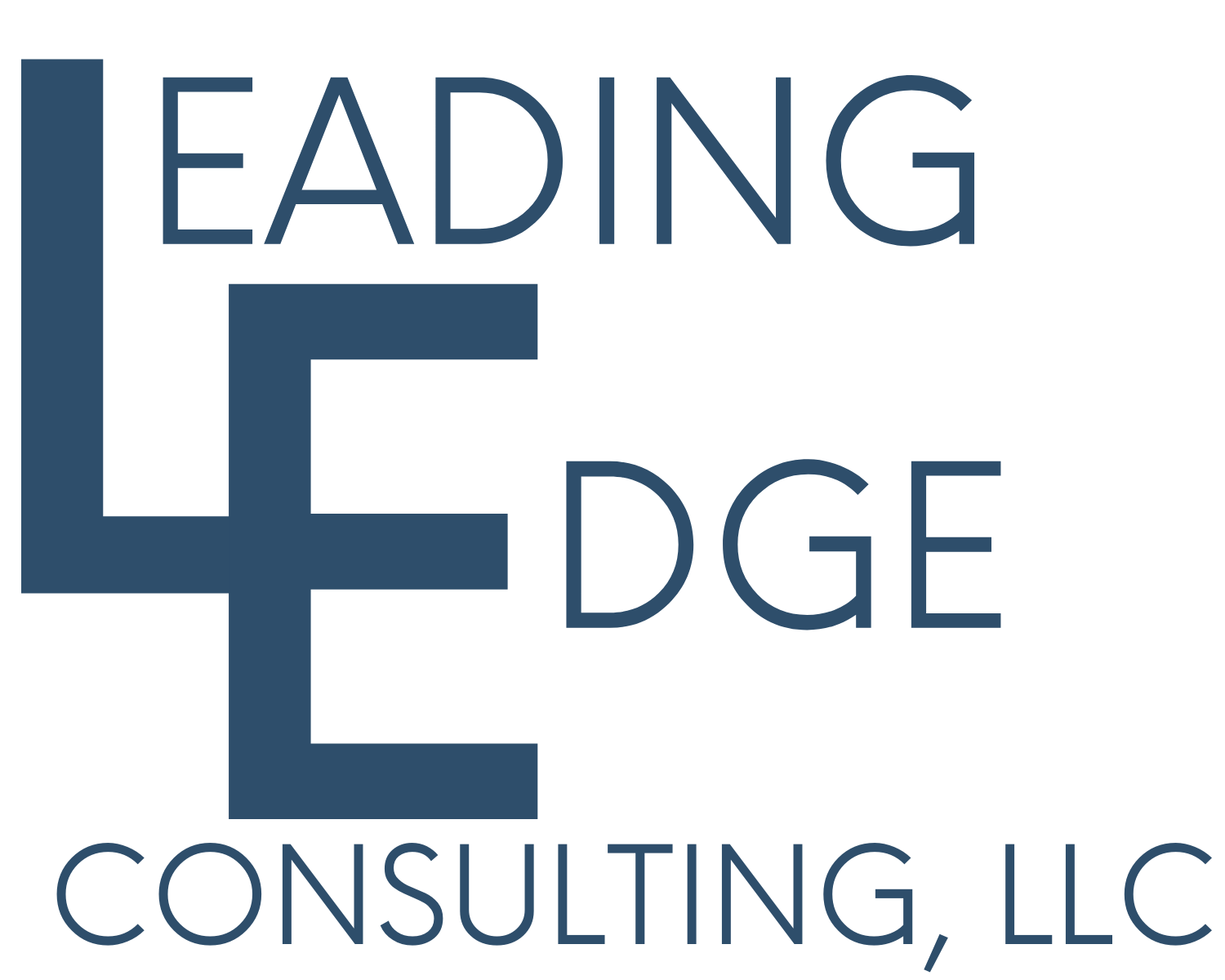Building Practical & Manageable Safety Policies: A Consultation with LEC
In the current landscape and environment, trucking fleets are increasingly scrutinized for their safety practices and internal policies. A well-structured safety program can serve as a foundational component of both regulatory compliance and risk mitigation. Developing a policy that is both practical for daily operations and aligned with DOT regulations may help protect carriers during audits, internal reviews, and litigation. Some fleets are utilizing specialized consultants like LEC, LLC to guide this process.
The Challenge: Inconsistent or Outdated Safety Policies
Trucking companies frequently encounter challenges in creating and maintaining effective safety policies. Common issues may include:
Policies that are generic or outdated
Inadequate coverage of key safety areas such as distracted driving, drug and alcohol testing, or post-accident procedures
Lack of documentation showing policy distribution and acknowledgment
Inconsistent enforcement, leading to legal vulnerability
Difficulty ensuring that policies are understood throughout the organization
Without a comprehensive, up-to-date, and well-communicated policy, it can be challenging for carriers to demonstrate compliance or defend operational decisions during inspections.
The Solution: Structured Safety Policy Development
A well-developed safety policy should be specific to the carrier's operation, reflective of regulatory expectations, and manageable in practice. Best practices in policy development may include:
Customizing Policies to the Fleet’s Operation: Reflecting the size, type of freight, and regional scope of the business.
Covering Core Regulatory Areas: Including hours-of-service, controlled substance testing, maintenance procedures, and driver qualification standards.
Addressing Emerging Risks: Including distracted driving, use of onboard technologies, and fatigue management.
Maintaining Policy Acknowledgment Records: Requiring driver signatures and keeping documentation readily available.
Implementing Regular Reviews: Revisiting policies to ensure alignment with current regulations and industry trends.
It can be beneficial to treat the safety policy as a living document, regularly updated and actively referenced in training and disciplinary procedures.
How LEC, LLC Supports Carriers
LEC, LLC provides consultative support to develop, review, and implement safety policies tailored to a fleet's unique profile. The goal is not only to promote compliance but also to create defined, well-documented procedures that support a carrier's position in audits and scrutiny by outsiders.
LEC’s safety policy services include:
Policy Drafting and Customization: Crafting policies that address FMCSA requirements and operational realities.
Risk Assessment: Identifying areas where policy language may create exposure or confusion.
Review of Existing Policies: Evaluating current documentation for gaps or misalignments with best practices.
Implementation Support: Helping fleets integrate policies into onboarding, training, and remediation processes.
Documentation Tools: Providing templates for policy acknowledgments, training logs, and audit-ready checklists.
Many carriers find that working with LEC enhances policy clarity, promotes internal consistency, and supports a proactive risk management approach.
If you would like to explore how LEC can help you build or refine your safety policies, our team is available to assist. A consultation may provide the structure and insight needed to align your safety practices with both regulatory expectations and outside scrutiny.
